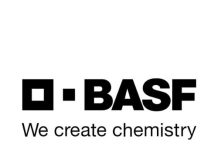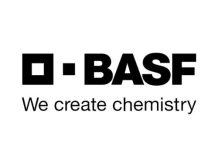We are living in a time where the term ‘prevention is better than cure’ has become more relevant than ever. As we become more aware of our health than we ever did before, doctors are speaking of functional medicine.
So, what is functional medicine? Plainly said, with functional medicine, a doctor will ask why a person is sick and then will understand underlying causes to those symptoms, as opposed to masking symptoms with a broad-based prescription.
Doctors are also emphasising the importance of building your immune system today, as it could greatly affect your health in the future. On the top of the list are healthy nutrition, proper supplements, good hydration and managing stress.
Being bombarded daily with such articles, the question must be asked, ‘If we can build our metabolism, what about a plant’s metabolism? How closely and bizarrely connected are we to plant life?’ It is this very message which we at Omnia Nutriology® have been educating our clients on in relation to crops, such as: optimal nutrition, specific soil conditioners as supplements, water use efficiency and specific biostimulants to manage abiotic and biotic stresses.
Just like functional medicine is centred around optimal human health by taking the complexity of the human body into account, which is client-centric, so too is Omnia’s Nutriology concept, considering the tailor-made holistic concept of crop health through nutrient use efficiency and the management of soil health.
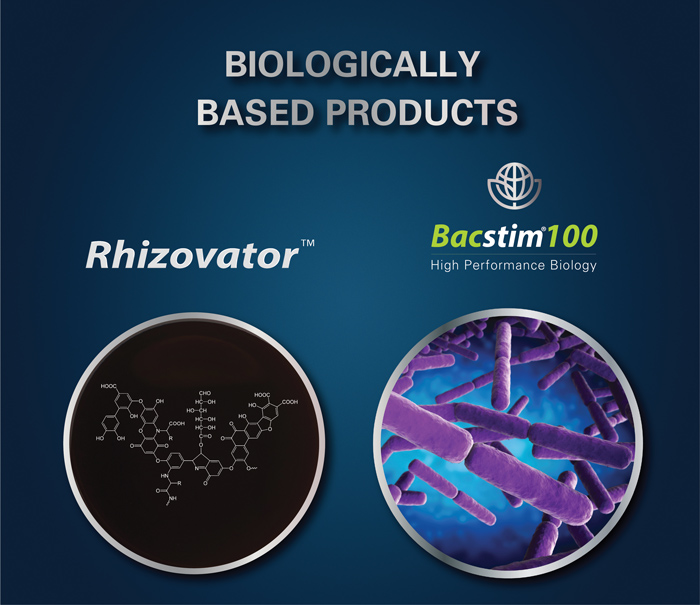 Speciality biostimulants
Speciality biostimulants
As we bring this closer to our expertise within agriculture, Omnia has developed speciality biostimulants addressing the aforementioned facets.
Omnia’s Rhizovator™ range consists of a specific ratio of biological components, which include humic acid, fulvic acid, seaweed extract and amino acids. Humic acids are the major component of soil organic matter, making an excellent natural soil conditioner.
Humic acids are well researched and have been shown to have beneficial effects on plant growth. These include indirect effects such as an improvement in nutrient use efficiency or improvement of soil structure over time. Direct effects of Rhizovator™ include improvement in biomass, which translates into yield. This is due to bioactivity and availability of the biostimulants in the product.
Omnia has also developed and evaluated a microbial product called Bacstim®100. Bacstim®100 is a consortium of five plant growth promoting bacteria known as Bacillus spp. which exhibits biostimulatory effects. Through statistical research, the product has been proven to improve plant growth parameters such as above and below ground biomass and nutrient uptake, which translate into yield increases.
Humates and growth promoting bacteria
Up until recently, little has been known about the enhanced effects with using humate-based products together with plant growth promoting bacteria such as that contained in Bacstim®100. However, this trend is increasingly growing as substantiated by several of our agronomic trials. More so, we are now using the study of metabolomics to further understand our products and their mode of action. This is to ensure that we address limitations on field with specific products, much like the functional medicine that was mentioned.
Just like your body has a specific metabolism, so do plants. For example, if you eat some noxious metabolite in a burger meal, that metabolite will be picked up in your blood as a stress factor. Much like that, metabolites in plants are analysed during stressed conditions to determine how the plant naturally responds. Concurrently, metabolites of plants treated with our products are studied to determine how they react to our products.
By understanding how the plant naturally reacts, we can help with the right products to prime the plant before a stress occurs. With this research, we found that our humic acid and Bacstim®100 have unique effects on plant metabolism and that is why they work so well together. Results revealed that humic acids were key in improving nutrient uptake, whilst the Bacillus spp. in Bacstim®100 was key in alleviating biotic stresses and improving water use efficiency.
Photo 1 and Photo 2 show the image of roots under a microscope after being treated with Bacstim®100. It is through having increased root hairs that overall health of the root is improved, considering that root hairs alone contribute up to 70% of a root’s total surface area (Itoh, S & Barber, SA, 1983).
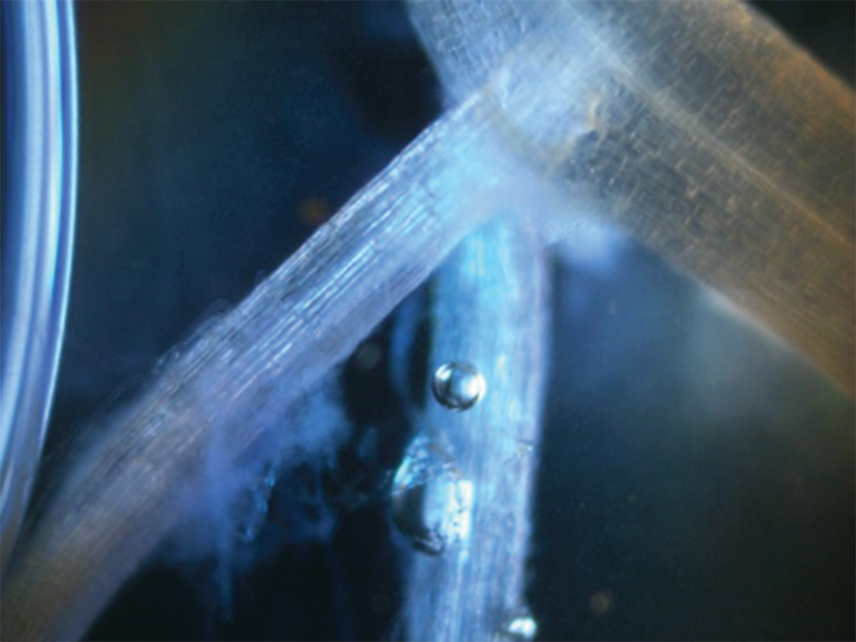
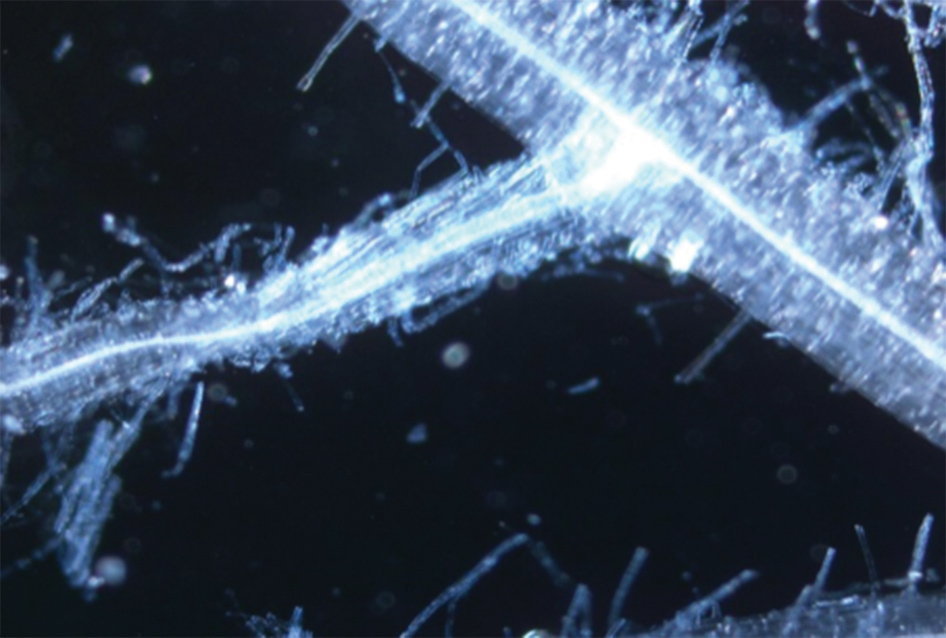
As Omnia, we have always prided ourselves on providing scientifically proven, nutrient-based products and solutions to our clients. We aim to uphold the same legacy for our biologically based product ranges, despite the complexities involved.
Therefore, to further understand our products and other products on the market, Omnia Specialities Australia carried out an exercise where a third party legally collected potassium humate products from eight different suppliers and analysed them in the USA using an internationally accepted method. The results showed that, of all the suppliers, only two suppliers (including Omnia), were compliant in meeting the guarantee of their label in terms of the concentration of humates.
The remaining suppliers were in deficit of the claimed humate concentrations ranging from 23% to a staggering 97%. It is due to the use of such poorly developed biostimulant products that the market may be tarnished, leading to scepticism.
These incorrect perceptions have to be changed, considering the compulsory drive towards sustainable farming practices as our resources and climatic conditions become more challenging. Biostimulants have been scientifically proven over decades by several reputable universities to enhance crop growth by several mechanisms.
Priming effect of biostimulants
One very important mechanism which we are discovering is the priming effect that biostimulants impose on plants. It is similar to taking vitamin C prior to a flu – your immunity is improved and the chances of your body fighting off the infection sooner is much greater than that of you taking the vitamin C only when you catch the flu.
Biostimulants and plants have a similar interaction that your body has to vitamin C. Therefore, applying biostimulants at planting, at the beginning of the first root flush or prior to the stress occurrence, will have a much more beneficial effect on the recovery of your plants as opposed to a late application or not applying it at all. Remember, just like a healthy immune system is resilient, a healthy plant is a resilient plant.
Omnia Nutriology® is a division of the Omnia Group.





